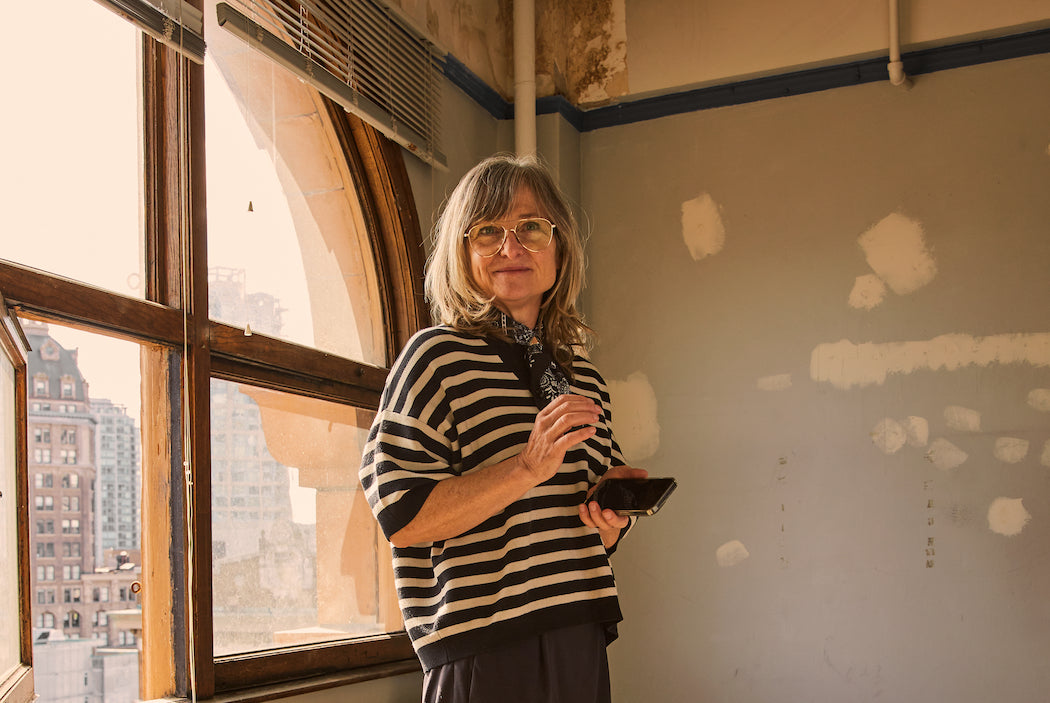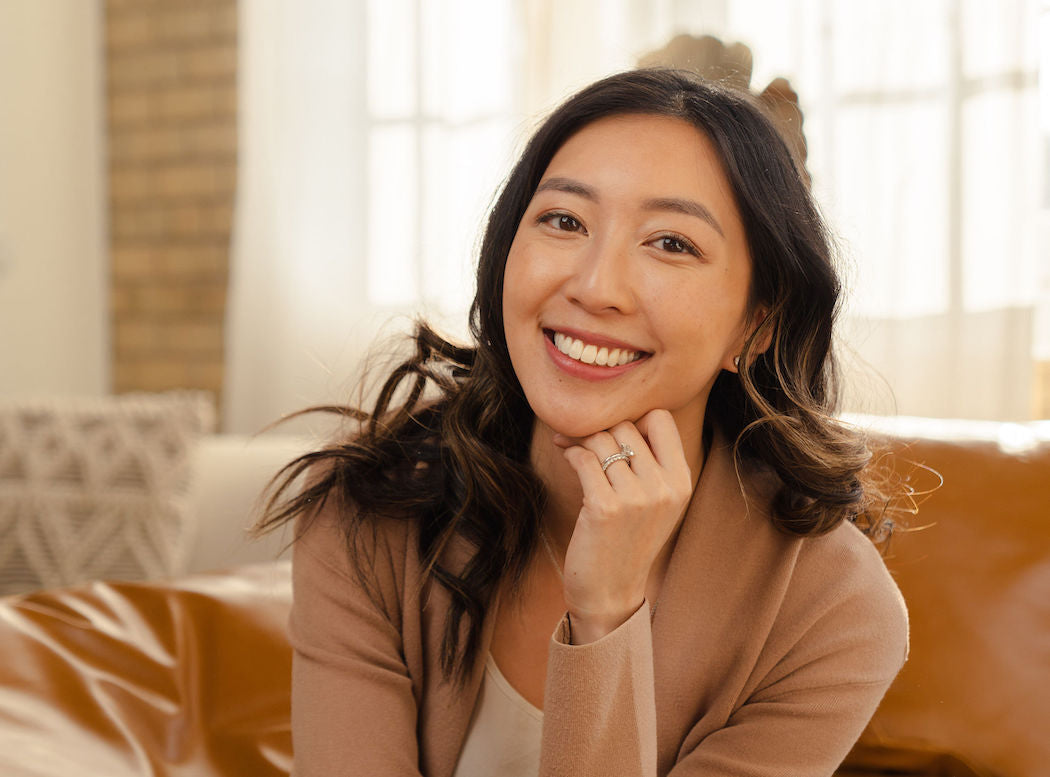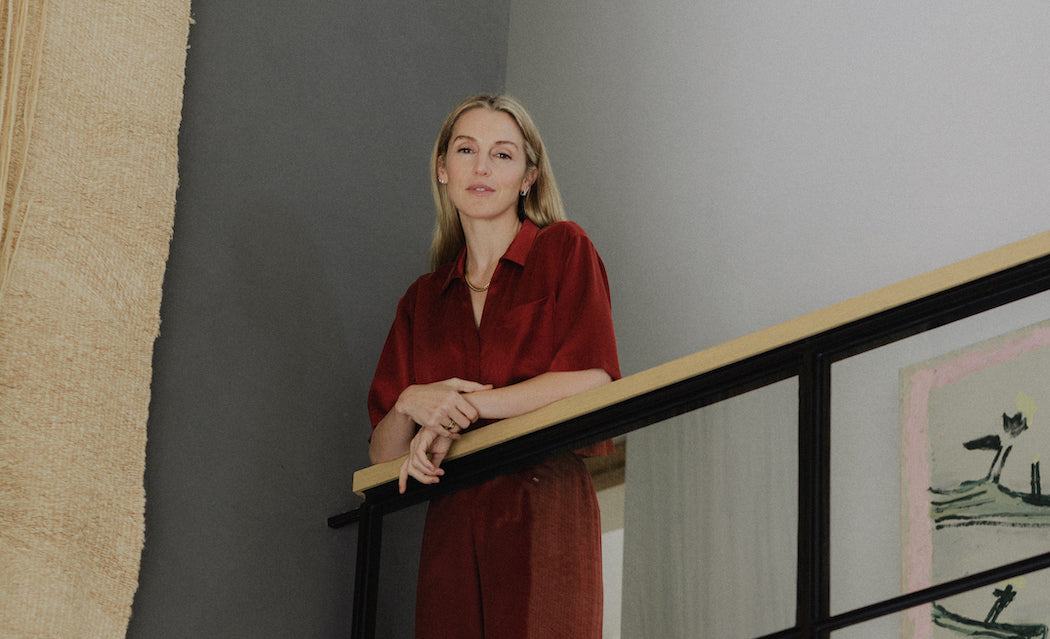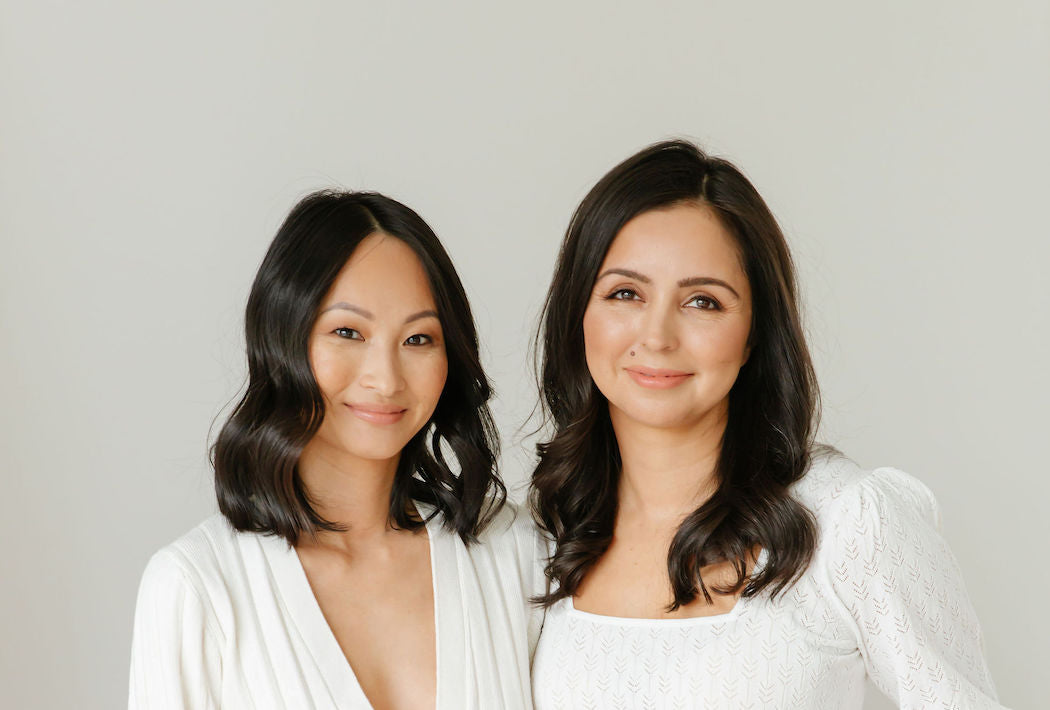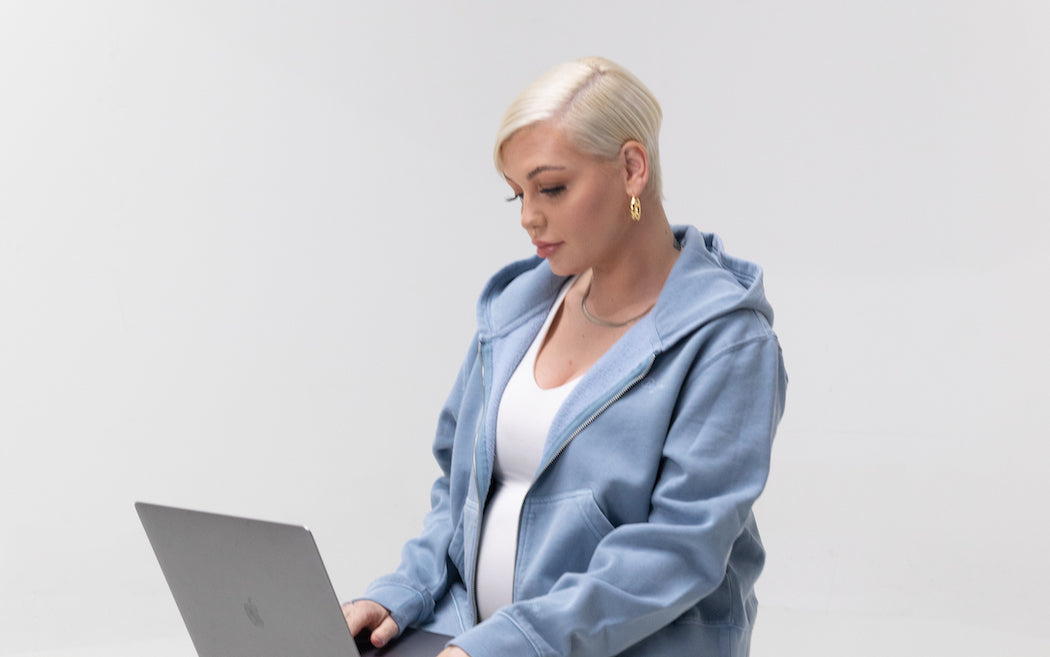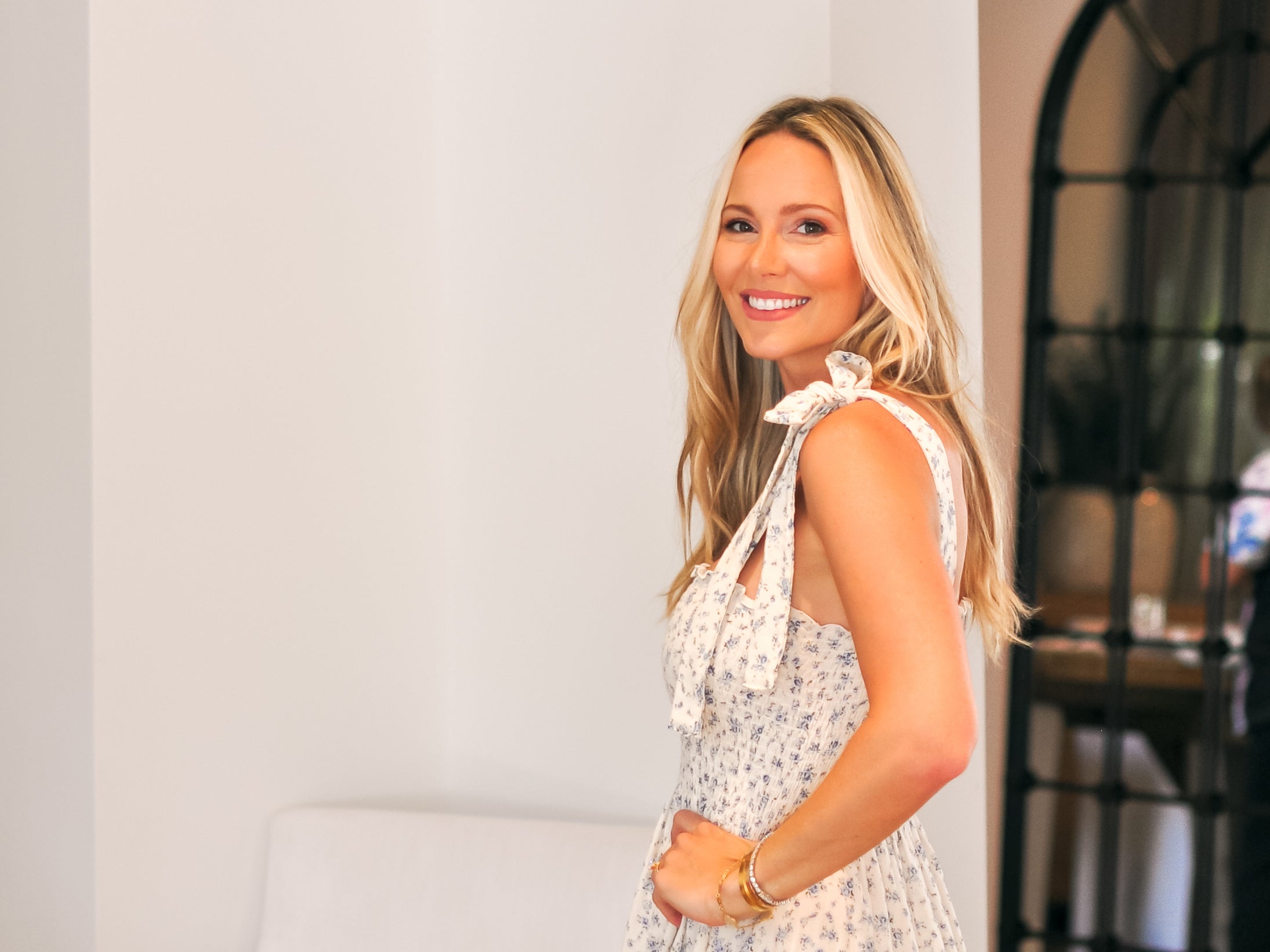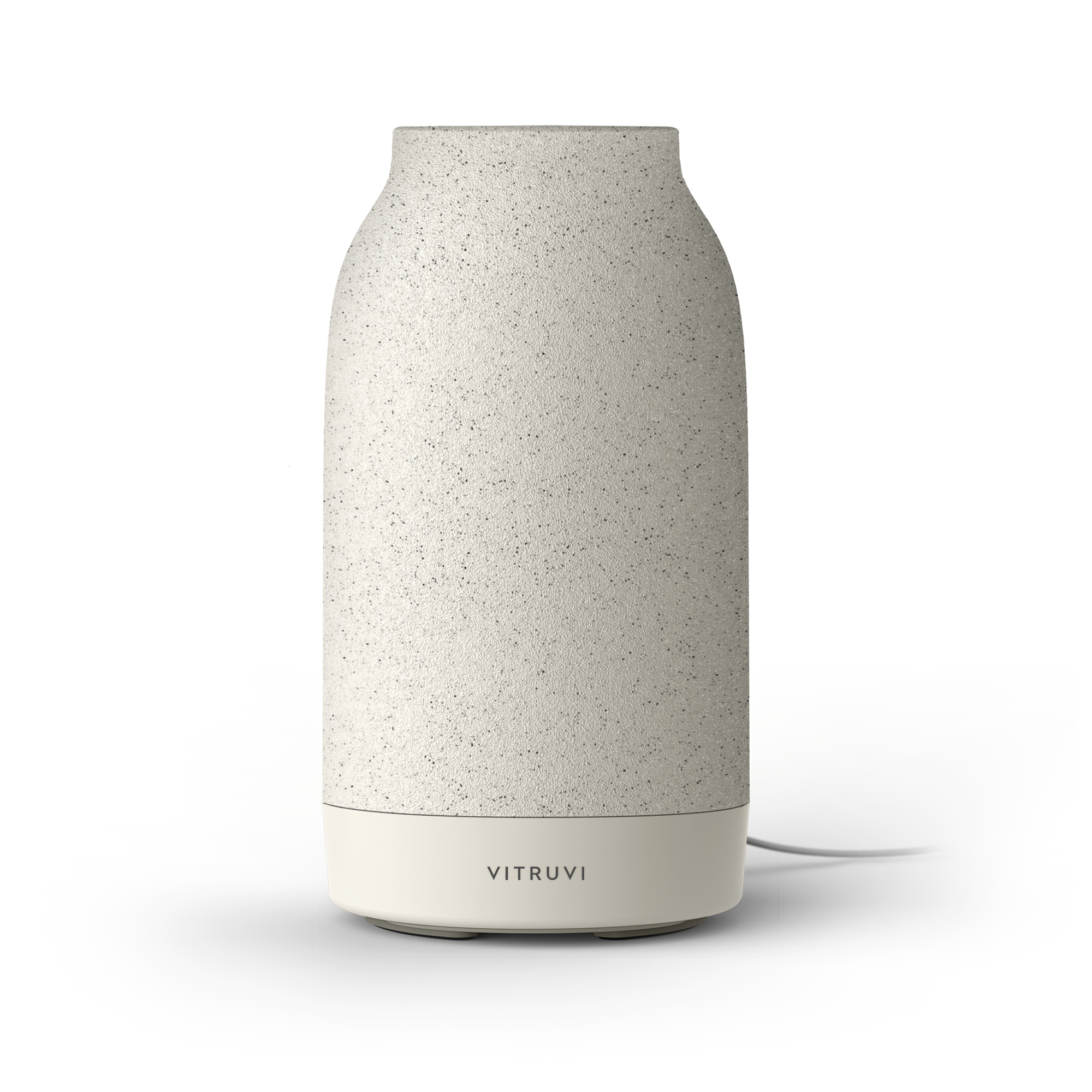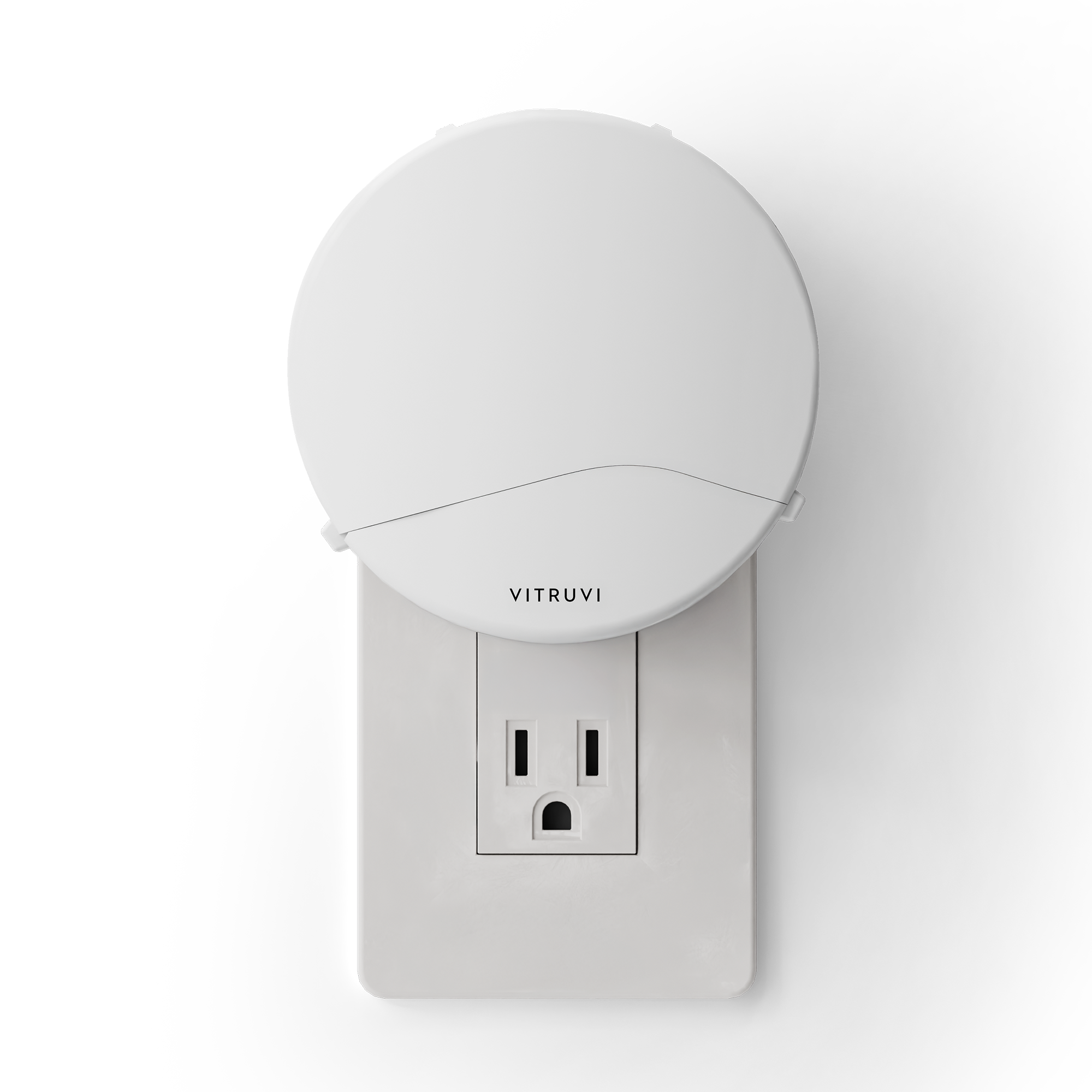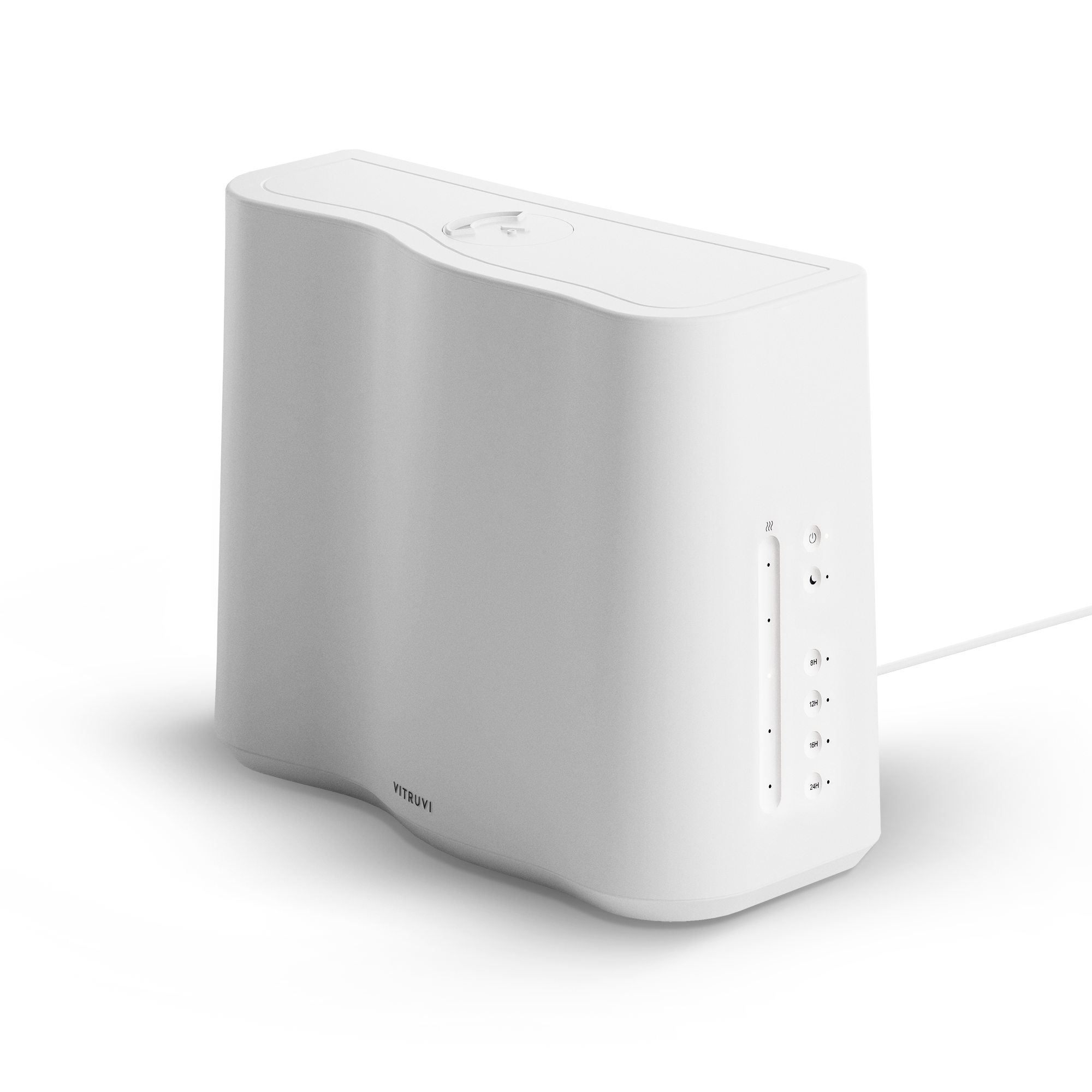According to the 2021 State of Mental Health in America Report, more than 26 million individuals experiencing a mental illness are going untreated. Those living in a mental health desert (Wyoming, Utah, Oregon, Missouri, Mississippi) have even higher rates of mental illness, yet have less access to care.
Sesh is changing that. The mental health platform provides virtual group sessions at an affordable price point. Topics range from the general (riding the waves of anxiety; becoming more body-positive) to the community-specific (art-making for racial stress and anxiety).
Via video, Dr. Nicole Cammack—licensed clinical psychologist, CEO of Black Mental Wellness, and member of Sesh’s clinical advisory board—discusses how Sesh is making it easier for BI&POC, as well as people living in rural areas, to get access to mental health services.
Can you explain the mission of Sesh?
Sesh is a mental health platform that hosts group sessions led by licensed therapists. During these sessions, we’re aiming to empower and highlight the power of groups—relating to others and their experiences, sharing perspectives, and everyone’s unique experiences coming together. A licensed therapist facilitates these sessions so that everyone can heal together, but also heal individually, which is the mission of Sesh at its core.
What are some of the barriers to entry when it comes to BI&POC accessing mental health services?
I think it’s a range of things. It’s a mixture of stigma and that mental health is not always presented in a way that’s culturally relevant to the audience. People aren’t seeing themselves in the providers or in the language. It’s easy to write it off as, “That’s not for me,” especially if you don’t know people who have been to therapy and have had a positive experience. While those are some of the initial barriers, from there it’s really a matter of the cost of services. A lot of people can’t afford therapy or don’t know how to find a provider. Something else that came up, especially during the pandemic, was that providers were simply booked. This is where Sesh group sessions can really shine, as it’s a way to get more people into a therapeutic space and fill some of those access issues.
How important is cultural sensitivity in the world of therapy?
In an ideal world, all providers would use cultural sensitivity as the lens through which they view mental health. How do we think about our patients culturally, and all of these different factors that may impact how a person shows up in the room and what they’re experiencing? So many people think that you learn about cultural sensitivity once and you’re done, but it’s a forever learning curve. I’m a Black woman, but I’m always learning about Black people—we all differ in geography, age, religion, et cetera. The question is: how can we approach a person, whether they’re of the same background or not—and think about the role of culture, and think about their upbringing and their standards and their norms? Because that’s going to inform everything.
I also know from being in meetings with peers and coworkers that even if people have had this training, the reality is, in practice, they don’t address it. There are some people who will see someone of a different culture and not ask a question because the conversation is uncomfortable for the provider, and that’s not acceptable. While it can be uncomfortable, this is what we’re paid to do. This is what we’re trained to do, and we should be able to have those difficult conversations.
What is a mental health desert?
Mental health deserts are locations where there are limited services. Usually, it’s more rural areas where there are fewer providers. Oftentimes, you see places trying to recruit providers to get them into these areas so that they can increase mental health services. What the pandemic has shown us is that telehealth works. So now, thanks to telehealth, you can live in certain areas of West Virginia—where there were limited services before—but access a provider anywhere in the state.
What would you say to anyone who feels like they don’t necessarily need or deserve therapy?
We really want to shift the narrative to say: you don’t have to be in a mental health crisis to access therapy. In the work that I do with veterans, they’re often like, “Oh, I would rather give my spot to my fellow veterans. I’m not that bad.” I always emphasize that we all can benefit from therapy, especially nowadays with the pandemic and the impact it has had on us. When you think about Black people, and the racial injustices, and the impact of those things on your mental health, we all can benefit from having that space. Remember that these services are here for you. For some people, intervening early—even if it might not feel like you have a lot going on—prevents it from escalating, and prevents people from getting to that breaking point.
Can Sesh group sessions stand on their own, or should they only be used in conjunction with individual therapy?
Group sessions can definitely stand on their own. The perfect example would be someone stressed who feels guilty about “taking” someone else’s space, but needs support in dealing with general stress and life transitions. That person may not need individual services, per se, but there are groups on Sesh that are specific for that and can meet that need. In my work with veterans, we do groups centered around race-based stress and trauma. Together we’re able to deal with the trauma, the racial issues, stress management, and relaxation so that they’re getting all of the strategies that they need—and many of them don’t require any additional services.
This interview was edited and condensed for clarity.


